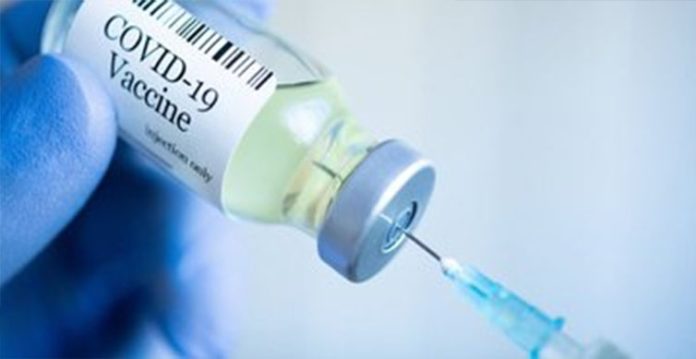Despite repeated warnings during the pandemic, the majority of Americans resumed risky social and travel activity before vaccines became available, new research has revealed.
After months of lockdowns and quarantines, many Americans were eager to get life back to normal, even as public health experts continued to warn the public that the pandemic was ongoing and social distancing needed to be maintained.
A study conducted by researchers at Texas A&M University found that more than half (60.3 percent) of the respondents resumed or intended to resume at least one risky travel or leisure behaviour before vaccines became available, and approximately one in six (17.5 percent) had performed four or more risky behaviours.
Risky behaviours included eating inside of restaurants, eating or drinking inside at bars, attending various large social events and attractions, traveling by airplane, visiting family and friends by car, staying in a hotel, going on a cruise, and riding a bus or shuttle.
ALSO READ: Covid vaccines exclusively for children likely to be rolled out in 2 weeks
Visiting family and friends was the most common risky activity resumed, followed by eating inside a restaurant, said the survey done by Jay E Maddock and Courtney Suess from Texas A&M University.
Variables such as being younger, fiscally conservative, or having less perceived susceptibility to Covid-19 were associated with being more likely to resume local leisure behaviors, according to the study published in the Journal of Health Care Organization Provision and Financing.
However, higher education and socio-economic status were associated with a greater likelihood of taking a flight. This finding was notable because a higher level of education and socio-economic status are typically associated with less risk-taking behavior.
Future pandemic messaging that focuses on perceived susceptibility may be the key to encouraging behaviors that are protective rather than risky.
“Having appropriate messages and working with local, state, and national health departments and the CDC to really think through how we respond will help us be ready for the next pandemic,” Maddock said.
SOURCE-IANS







